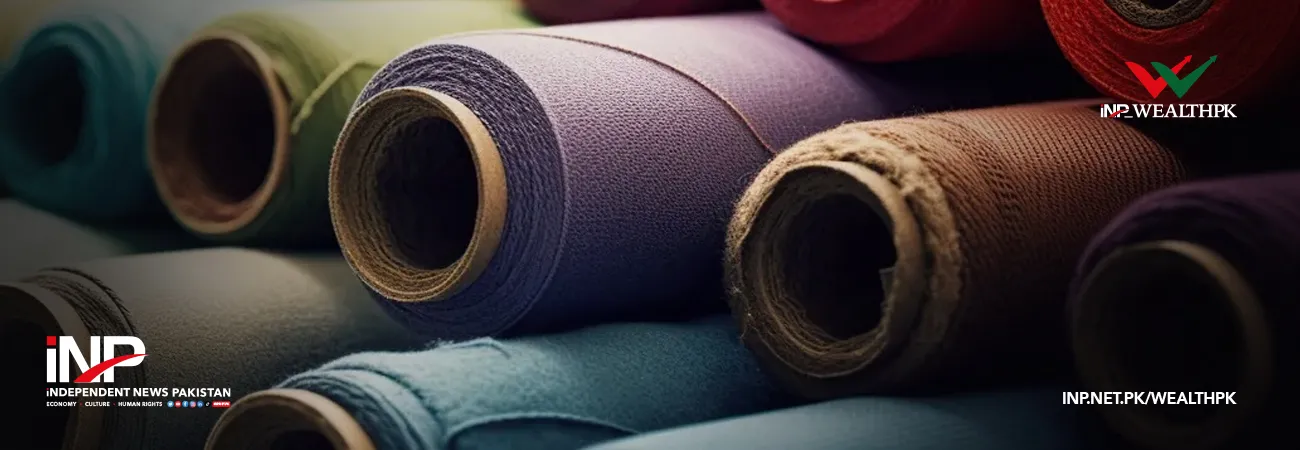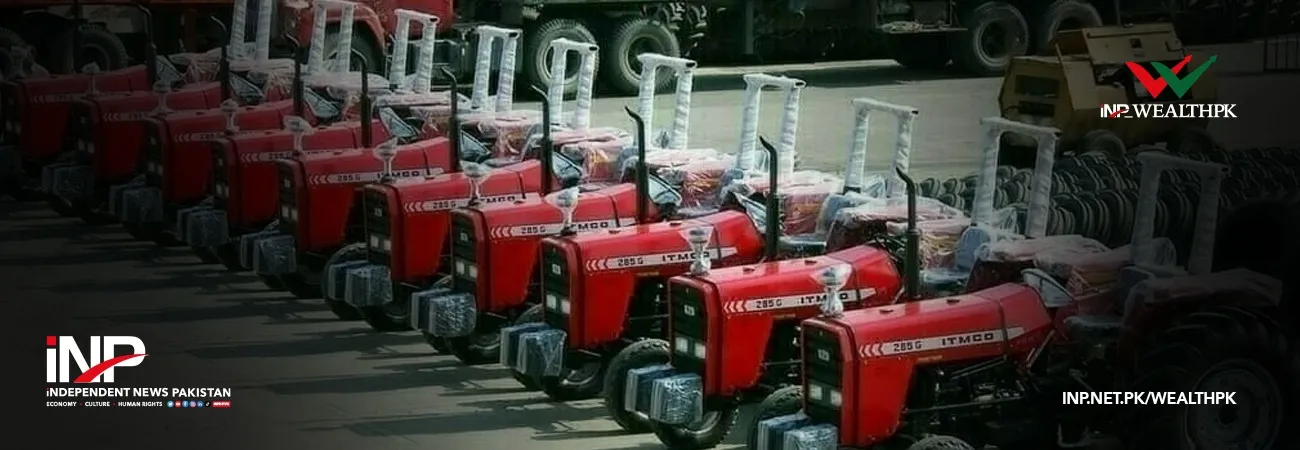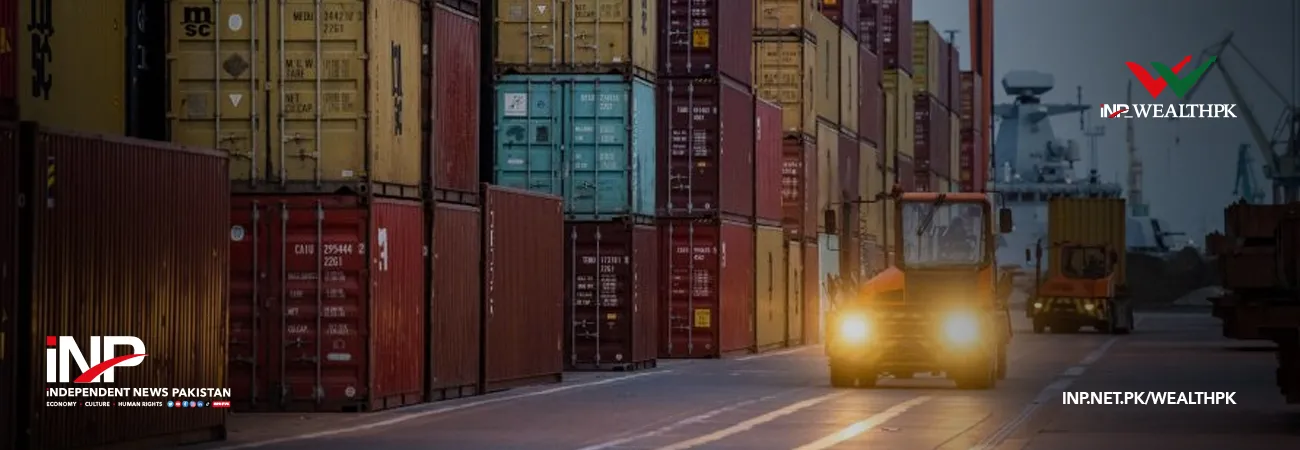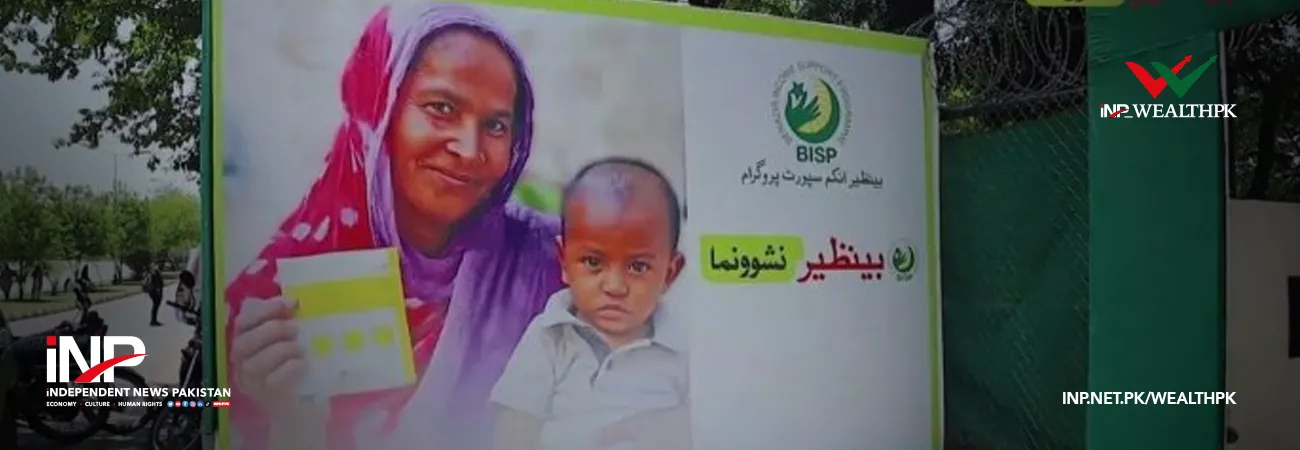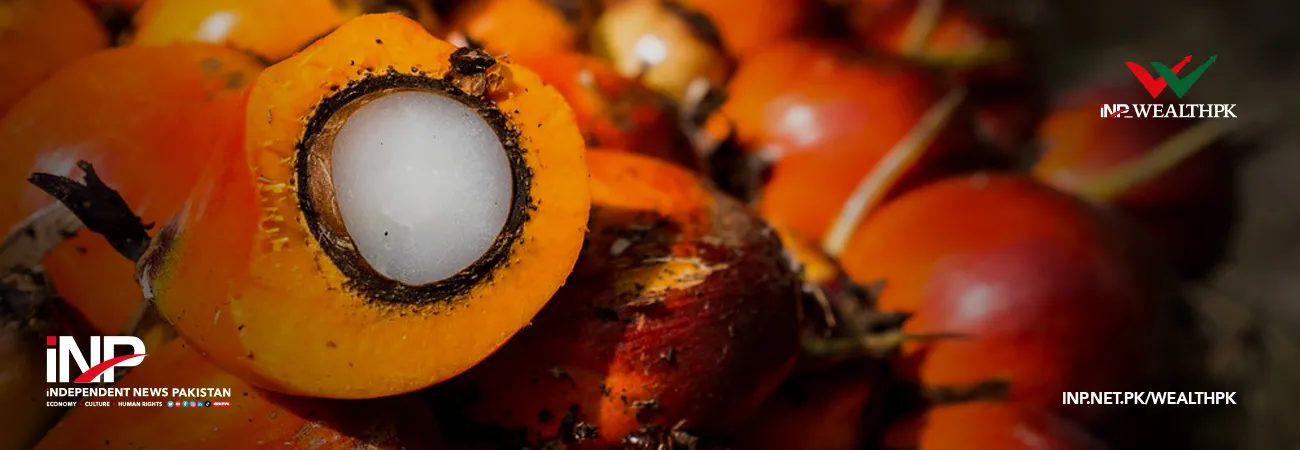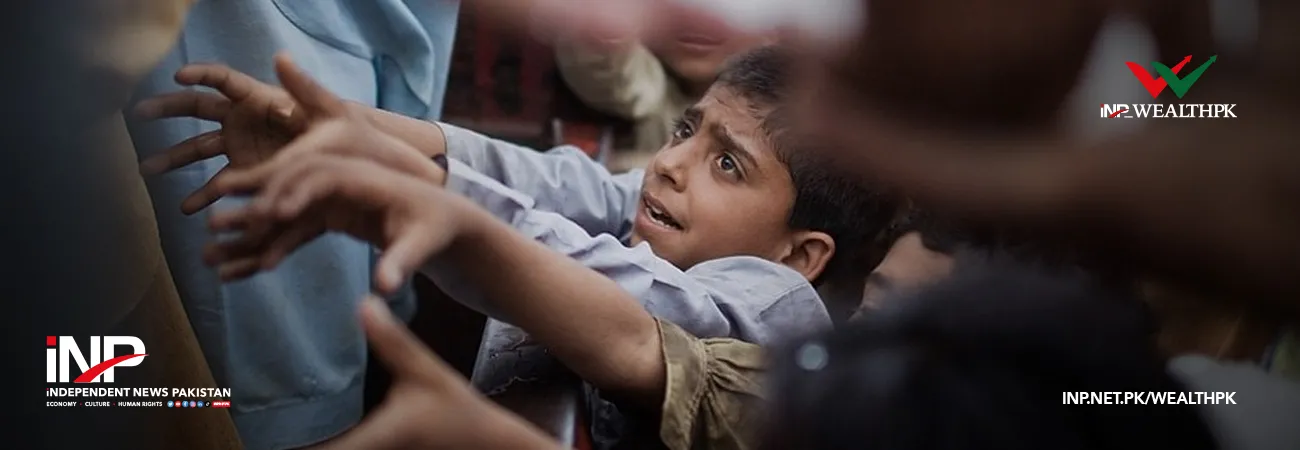INP-WealthPk
Muhammad Saleem
Pakistan’s textile sector has the potential to boost the country’s economy if modern production methods are introduced, energy costs are reduced, product lines and export markets are diversified and, more importantly, sick units are revived. These views were expressed by the sector stakeholders while speaking to WealthPK about the steps needed to revive the growing number of sick textile units. Mian Aftab Ahmed, former president of Faisalabad Chamber of Commerce and Industry (FCCI), said the number of sick units was increasing with the day. “Even some of the best performing factories are on the verge of collapse.” “Many more units are going to fall sick, potentially laying off thousands of workers. These units used to add billions of rupees to the national kitty,” Ahmed pointed out. He pointed out that Pakistan’s textile export market was not diversified and limited to a few traditional destinations, which meant that ‘our exports remain stagnated at a certain level’ despite potential to increase exponentially.
Aslam Miraj, secretary general of Labour Qaumi Moment (LQM), told WealthPK that amid growing challenges, all the stakeholders should sit together to find a way out of the depressing situation. He said global commodity inflation, and the resultant interest rates tightening to contain it and currency devaluation had impacted the industry locally. This resulted in scaling down of operations and closure of units in some cases, which in turn led to unemployment. “Amid these challenges, the government needs to implement business-friendly policies to revive the sick industries.” He said that political certainty and policy inconsistency over the past years had also bogged down the industry. He said Pakistan’s textile industry was now finding it hard to compete internationally. Miraj said efforts must be made to revitalise sick units to generate jobs and strengthen the national economy. Zia Hussain, a textile exporter, told WealthPK that the government had to demonstrate exceptional commitment to revive the sick units that had been contributing a lot to economy.
He said without a robust industry, Pakistan could not have sustained economic growth. He said Pakistan’s textile industry had huge potential to attract both local and foreign investors if input costs were rationalised and there was uninterrupted supply of raw material. He said currently the entrepreneurs were unable to fully use the installed machinery production capacity. He asked the government to launch a survey to assess the sick textile units and extend financial assistance for their revival. Zia said without focusing on industry, Pakistan could not generate jobs, particularly for youth. “Costs of energy – electricity and gas – should be competitive for business revival as is the case with other regional countries. Enhanced market access, use of modern production methods and diversification of textile products were the need of the hour to capture the international market,” he suggested.
Credit: INP-WealthPk



